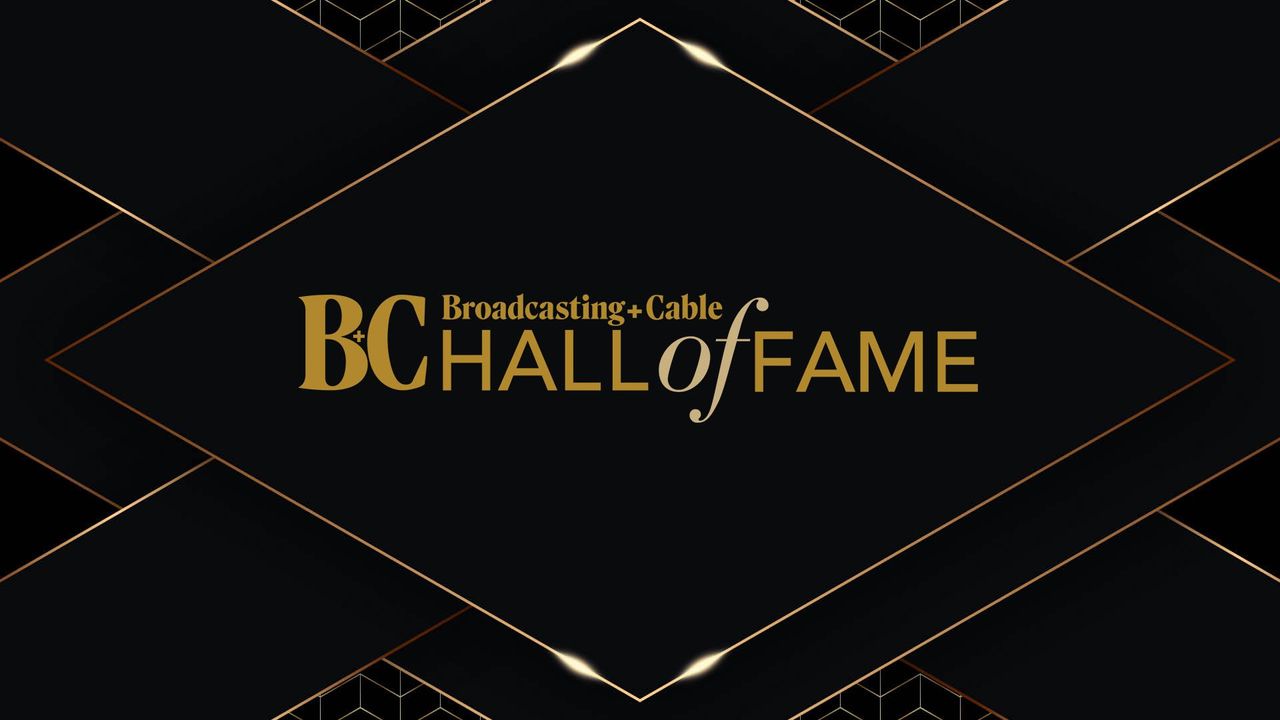
Of course your mother had "a relationship" with your mother-in-law: Their children were married to each other, your children are their grandchildren. Even if there is no one, formal word in English to commemorate it, there are words in English that define it and which others hearing those words would readily understand.
Different cultures, different languages, have specific words devoted to describing relations by marriage. If you were to say to a Jew in the US (or any Yiddish-understanding-speaking person), "The man arrested is Chris Matthews's machatunim", they would understand precisely the linkage. Or mishpokhe (extended family). In Spanish, to Chris Matthews his daughter-in-law's parents (the other parents of the married couple, or co-grandparents) are consuegros. In Serbian, there are words describing specific relationships within families connected by marriage (like not just any sister, but the husband's eldest sister), while in Russian there are more than a dozen words describing relationships within families connected through marriage.
In the US, my spouse's brother's wife is my sister-in-law, but not in the UK.
The purpose of language is to help us communicate and better understand each other. What is the hostility and rejection of HP's efforts to describe or define the connection about? Is it an effort to protect Chris Matthews from embarrassment, someone with whom you share no personal relationship with?
About Chris Matthews
Read the Article at HuffingtonPost











0 comments:
Post a Comment